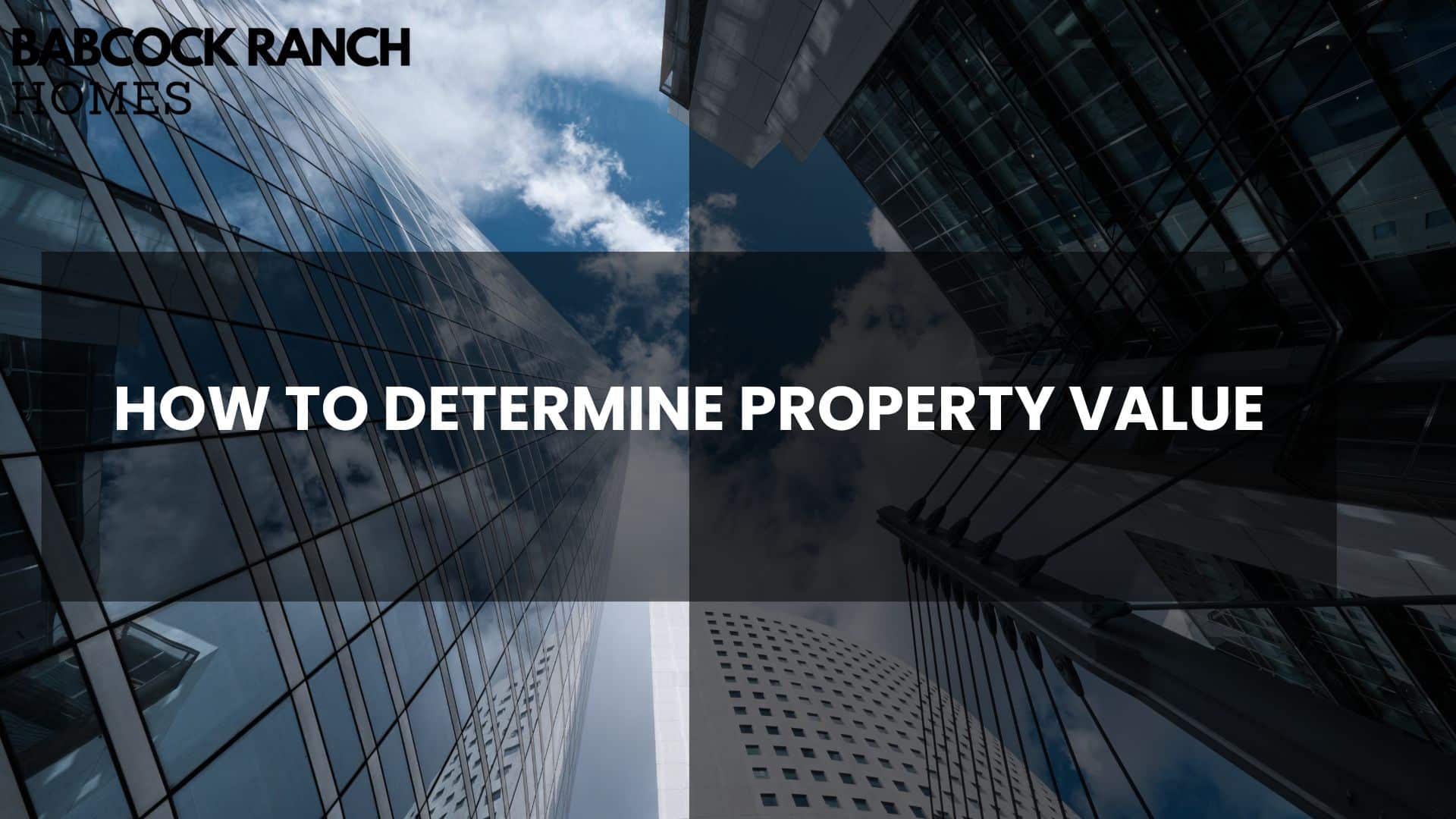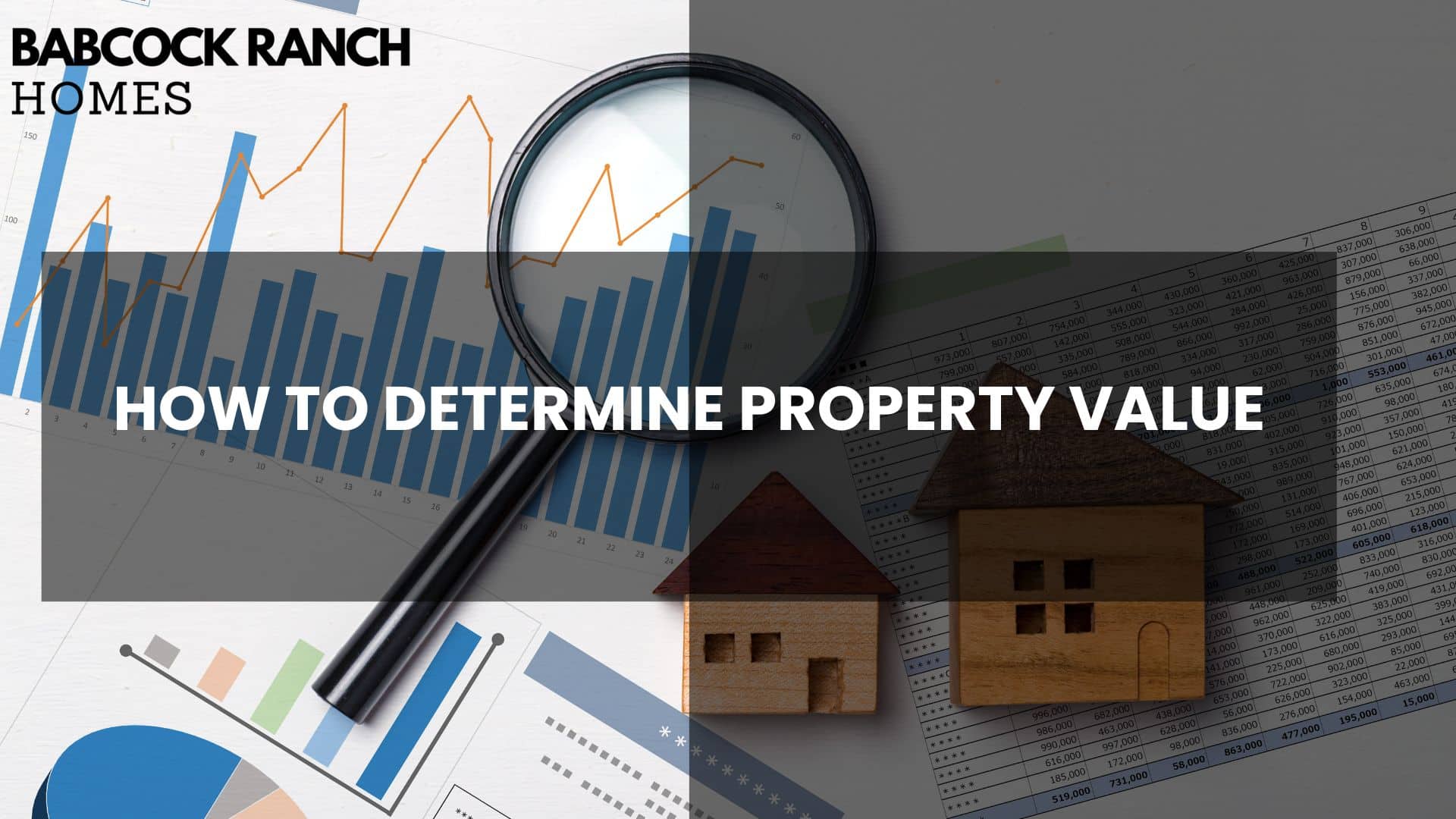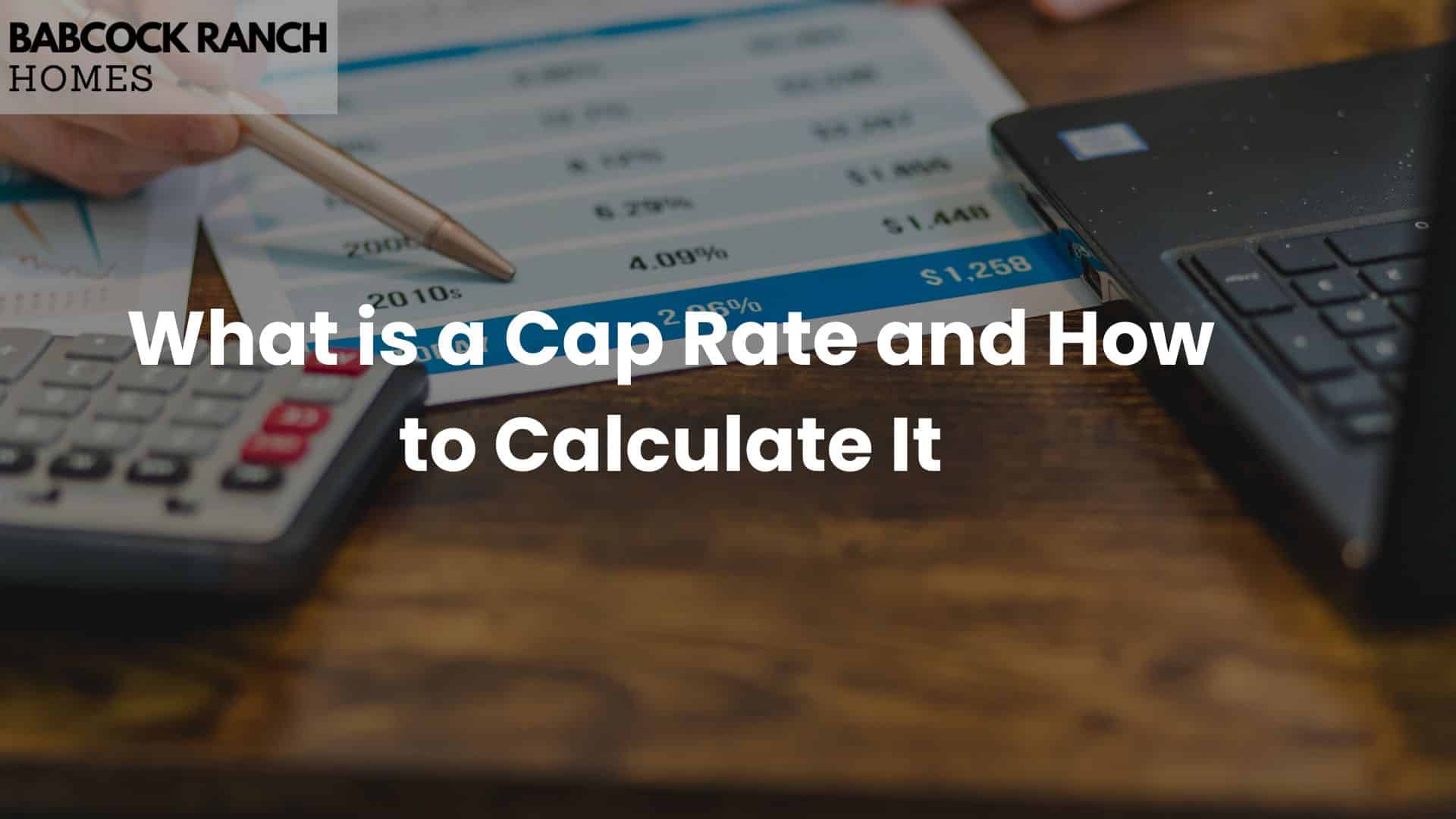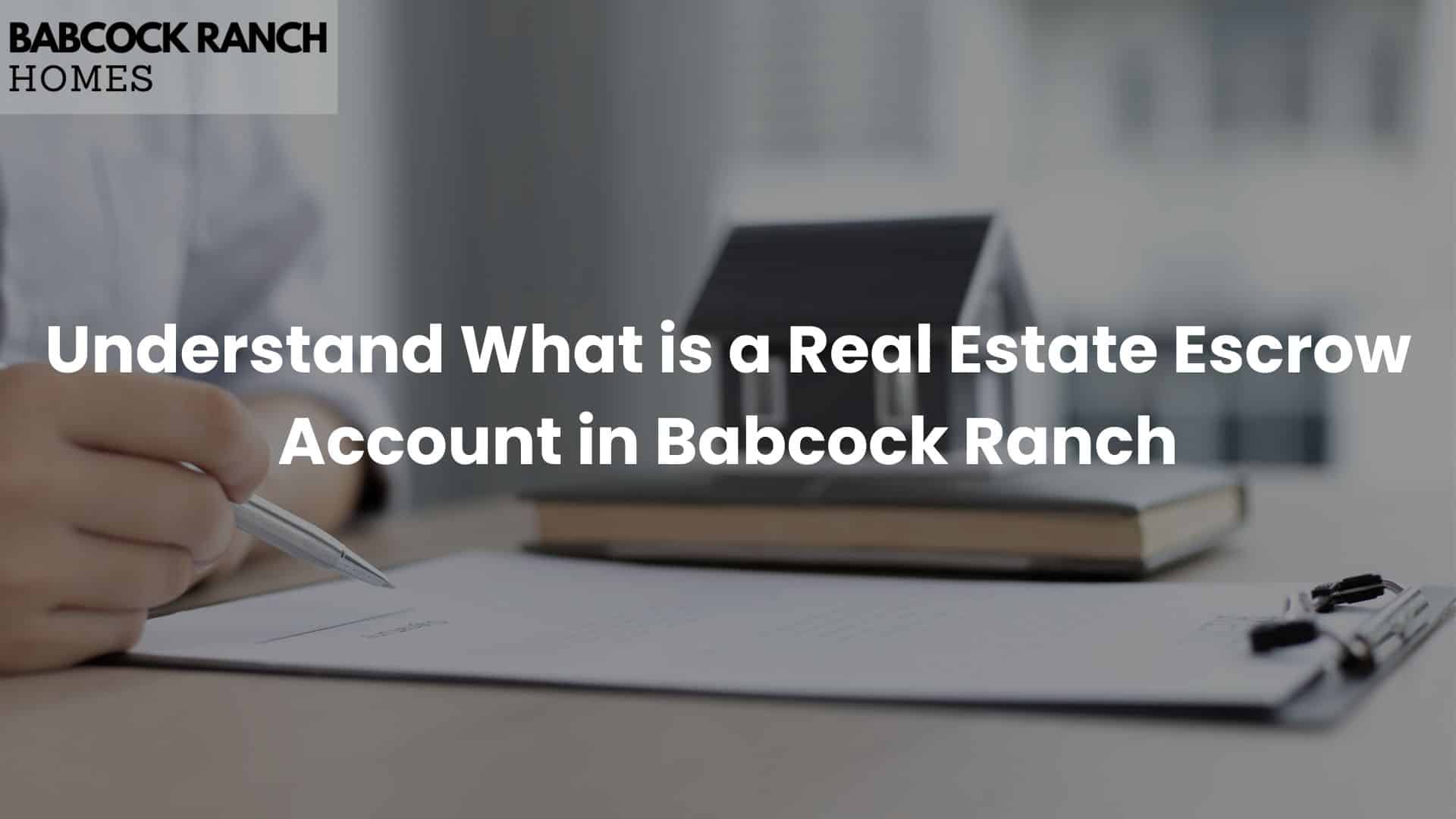How old do you have to be to buy a house? This question often puzzles young adults eager to enter the real estate market. While the legal age to purchase property varies by location, most jurisdictions require buyers to be at least 18 years old. This article will explore the legal requirements for home buyers, including age restrictions, financial considerations, and the role of estate agents. We’ll also discuss options for underage individuals interested in property ownership and provide guidance on navigating the home buying process with lenders, whether using cash or securing a mortgage.
Key Takeaways
- The legal age to buy a house is typically 18, but exceptions exist for minors in certain circumstances
- Trusts, custodial accounts, and joint ownership offer alternatives for underage individuals to participate in property ownership
- Building a strong credit profile and saving for a down payment are crucial steps for young aspiring homeowners
- Young buyers have access to various mortgage options tailored to their financial situations, including FHA loans
- Early homeownership offers benefits like building equity, but young buyers may face challenges with limited credit history
Understanding the Legal Age Requirements for Buying a House

Understanding the legal age requirements for buying a house is crucial for prospective home buyers. The age of majority varies across states and countries, affecting real estate transactions. While most regions require buyers to be at least 18, exceptions exist. These factors influence property purchases, credit card debt, and the overall price of homeownership.
Age of Majority in Different States and Countries
The age of majority varies across different states and countries, influencing the legal requirements for purchasing a house. In the United States, most states set the age of majority at 18, allowing individuals to enter into binding contracts and build equity through homeownership. However, some states, like Alabama and Nebraska, maintain a higher age of majority at 19. The National Association of Realtors advises potential homebuyers to familiarize themselves with local laws and consider opening a savings account early to prepare for this significant financial commitment.
Exceptions to the Legal Age Rule
While the general rule requires individuals to be of legal age to purchase a house, exceptions exist for minors in certain circumstances. Some mortgage lenders may consider applications from emancipated minors or those with court-approved guardians. In cases involving the United States Department of Agriculture (USDA) loans, borrowers under 18 may be eligible if they meet specific criteria. However, these exceptions often come with additional requirements, such as higher down payments or mandatory mortgage insurance, to mitigate the lender’s risk. It’s crucial for young buyers to consult with personal finance experts and understand the potential impact on their debt-to-income ratio before pursuing homeownership:
- Emancipated minors may qualify for mortgages
- Court-appointed guardians can enable property purchases for minors
- USDA loans may have special provisions for underage borrowers
- Additional financial requirements often apply to underage buyers
- Consultation with personal finance experts is recommended
Exploring Property Ownership Options for Underage Buyers

For underage buyers, alternative property ownership options exist. Utilizing trusts and custodial accounts allows minors to build home equity and make investments. Joint ownership with a guardian or parent provides another avenue for property acquisition. These methods can facilitate down payments, insurance, and other homeownership expenses while navigating legal age restrictions.
Utilizing Trusts and Custodial Accounts
Trusts and custodial accounts offer viable options for underage individuals to participate in property ownership. These financial instruments allow minors to build home equity and manage assets under the guidance of a trustee or custodian. While the minor may not directly obtain a mortgage or home loan, these accounts can accumulate funds for future down payments or serve as collateral. A mortgage broker can provide insights on how these accounts may impact loan applications, considering factors such as income, credit card history, and existing student loans.
Joint Ownership With a Guardian or Parent
Joint ownership with a guardian or parent presents a viable option for underage individuals seeking to enter the real estate market. This arrangement allows minors to build credit history and home equity while complying with legal age requirements. The Consumer Financial Protection Bureau advises that such partnerships can facilitate access to mortgages and home equity loans, though tax implications should be carefully considered. Understanding how old one must be to buy a house becomes less restrictive when leveraging this co-ownership strategy, enabling younger buyers to start their property ownership journey earlier.
Financial Preparedness for Young Aspiring Homeowners

Financial preparedness is crucial for young aspiring homeowners navigating real estate purchases. Building a strong credit profile early, implementing saving strategies for down payments, and exploring mortgage options tailored to young buyers are essential steps. These factors influence interest rates, eligibility for Federal Housing Administration loans, and the decision between renting and buying. Understanding credit scores and available mortgage products empowers young individuals in their homeownership journey.
Building a Strong Credit Profile Early
Building a strong credit profile early is essential for young aspiring homeowners. Establishing good credit habits, such as paying bills on time and managing credit card balances responsibly, can significantly impact future mortgage eligibility and interest rates. Young individuals should focus on saving money, avoiding unnecessary fees, and treating their credit score as a valuable asset. By demonstrating financial responsibility early on, they position themselves favorably for future home purchases or refinancing opportunities.
Saving Strategies for a Down Payment
Implementing effective saving strategies for a down payment is crucial for young aspiring homeowners approaching the age of majority. Real estate agents often advise clients to start saving early, even before reaching the legal age to enter into a contract. Establishing a dedicated savings account, automating deposits, and exploring first-time homebuyer programs can accelerate the path to homeownership. By focusing on credit improvement and consistent savings, young individuals can position themselves favorably for mortgage approval when they reach the legal age to purchase property:
- Open a high-yield savings account specifically for down payment funds
- Set up automatic transfers to ensure consistent savings
- Research and utilize first-time homebuyer programs and grants
- Consider part-time work or side hustles to boost savings
- Reduce unnecessary expenses and allocate funds towards the down payment goal
Mortgage Options Available to Young Buyers
Young buyers have access to various mortgage options tailored to their financial situations. Federal Housing Administration (FHA) loans offer lower down payment requirements and more lenient credit score criteria, making them attractive for first-time homeowners. Conventional loans with private mortgage insurance (PMI) allow for smaller down payments while protecting lenders. Lenders also offer adjustable-rate mortgages (ARMs) that may provide lower initial interest rates, potentially reducing monthly payments. When considering these options, young buyers should carefully assess their budget, anticipated property taxes, and the local cost of living to ensure long-term affordability:
- FHA loans with lower down payment and credit score requirements
- Conventional loans with PMI for smaller down payments
- Adjustable-rate mortgages for potentially lower initial interest rates
- Government-backed loans like VA or USDA for eligible buyers
- First-time homebuyer programs offering down payment assistance
Navigating Legal Documentation and Obligations

Navigating legal documentation and obligations is crucial when purchasing a house, regardless of age. Essential legal documents, including title insurance and employment verification, are required for the process. Understanding contracts and agreements, such as those offered by Rocket Mortgage, is vital. Buyers must comprehend their debt-to-income ratio and explore purchase options to make informed decisions.
Essential Legal Documents Needed for Purchase
Essential legal documents for purchasing a house include proof of identity, income verification, and financial statements. Buyers must provide a valid government-issued ID, recent pay stubs, and bank statements to demonstrate their financial capacity. Additionally, mortgage loan applications, property appraisal reports, and home insurance policies are crucial components of the transaction. These documents help lenders assess the buyer’s ability to repay the loan and protect both parties involved in the purchase:
- Government-issued identification
- Income verification (pay stubs, W-2 forms)
- Bank statements
- Mortgage loan application
- Property appraisal report
- Home insurance policy
- Title insurance
- Purchase agreement
Understanding Contracts and Agreements
Understanding contracts and agreements is crucial when purchasing a house, regardless of age. Buyers must carefully review all documents, including purchase agreements, mortgage contracts, and landlord agreements if applicable. These legal documents outline the terms of the transaction, including the purchase price, VA loan details if relevant, and any additional costs. Prospective homeowners should familiarize themselves with key contract components to ensure they fully comprehend their rights and obligations:
- Purchase agreement outlining property details and sale terms
- Mortgage contract specifying loan terms and repayment schedule
- Closing disclosure detailing final costs and fees
- Title documents confirming property ownership
- Home inspection report and contingencies
- Homeowners association agreements, if applicable
Weighing the Pros and Cons of Buying a House Young

Buying a house young presents both opportunities and challenges. Early homeownership offers potential benefits such as building equity and stability. However, young buyers may face unique hurdles, including limited credit history and financial resources. This section examines the advantages and disadvantages of purchasing property at a young age, providing insights for informed decision-making.
Potential Benefits of Early Homeownership
Early homeownership offers several potential benefits for young buyers. By purchasing a property at a younger age, individuals can start building equity sooner, potentially leading to greater long-term wealth accumulation. Additionally, owning a home provides stability and the opportunity to establish roots in a community. Young homeowners also have the advantage of time, allowing them to weather market fluctuations and potentially see significant appreciation in their property’s value over the years.
Challenges Faced by Young Buyers
Young buyers face unique challenges when entering the housing market. Limited credit history and lower income levels can make it difficult to secure favorable mortgage terms or qualify for certain loan programs. Additionally, young buyers may struggle with saving for a substantial down payment while managing other financial obligations such as student loans or credit card debt. The competitive nature of the real estate market in many areas can also pose obstacles, as young buyers may find themselves outbid by more established buyers with greater financial resources.
Steps to Successfully Purchase a Home at a Young Age

Successfully purchasing a home at a young age requires careful planning and guidance. Setting realistic financial goals helps young buyers prepare for homeownership, while seeking advice from real estate professionals provides invaluable expertise. These steps empower young individuals to navigate the complex process of buying a house and make informed decisions about their property investment.
Setting Realistic Financial Goals
Setting realistic financial goals is crucial for young homebuyers. Aspiring homeowners should assess their current financial situation, including income, expenses, and savings, to determine a feasible budget for home purchases. They should establish specific targets for down payments, monthly mortgage payments, and additional homeownership costs. By creating a detailed financial plan and timeline, young buyers can work towards their homeownership goals efficiently:
- Evaluate current income and expenses
- Set a target down payment amount
- Determine an affordable monthly mortgage payment
- Account for additional homeownership costs
- Create a savings timeline and strategy
- Regularly review and adjust goals as needed
Seeking Advice From Real Estate Professionals
Seeking advice from real estate professionals is essential for young buyers navigating their first home purchase. Experienced agents can provide valuable insights into local market conditions, property values, and negotiation strategies. They can also connect young buyers with reputable lenders, home inspectors, and other professionals crucial to the home buying process. By leveraging the expertise of real estate professionals, young buyers can make informed decisions and avoid common pitfalls in their journey to homeownership.
Conclusion
Understanding the legal age requirements for buying a house is crucial for prospective homeowners, as it varies across states and countries, typically ranging from 18 to 19 years old. While exceptions exist for minors in certain circumstances, alternative options like trusts, custodial accounts, and joint ownership with guardians provide avenues for underage individuals to participate in property ownership. Financial preparedness, including building a strong credit profile, implementing saving strategies, and exploring suitable mortgage options, is essential for young aspiring homeowners. By navigating legal documentation, weighing the pros and cons, and seeking professional advice, young buyers can make informed decisions and successfully enter the real estate market, potentially reaping the benefits of early homeownership.




















